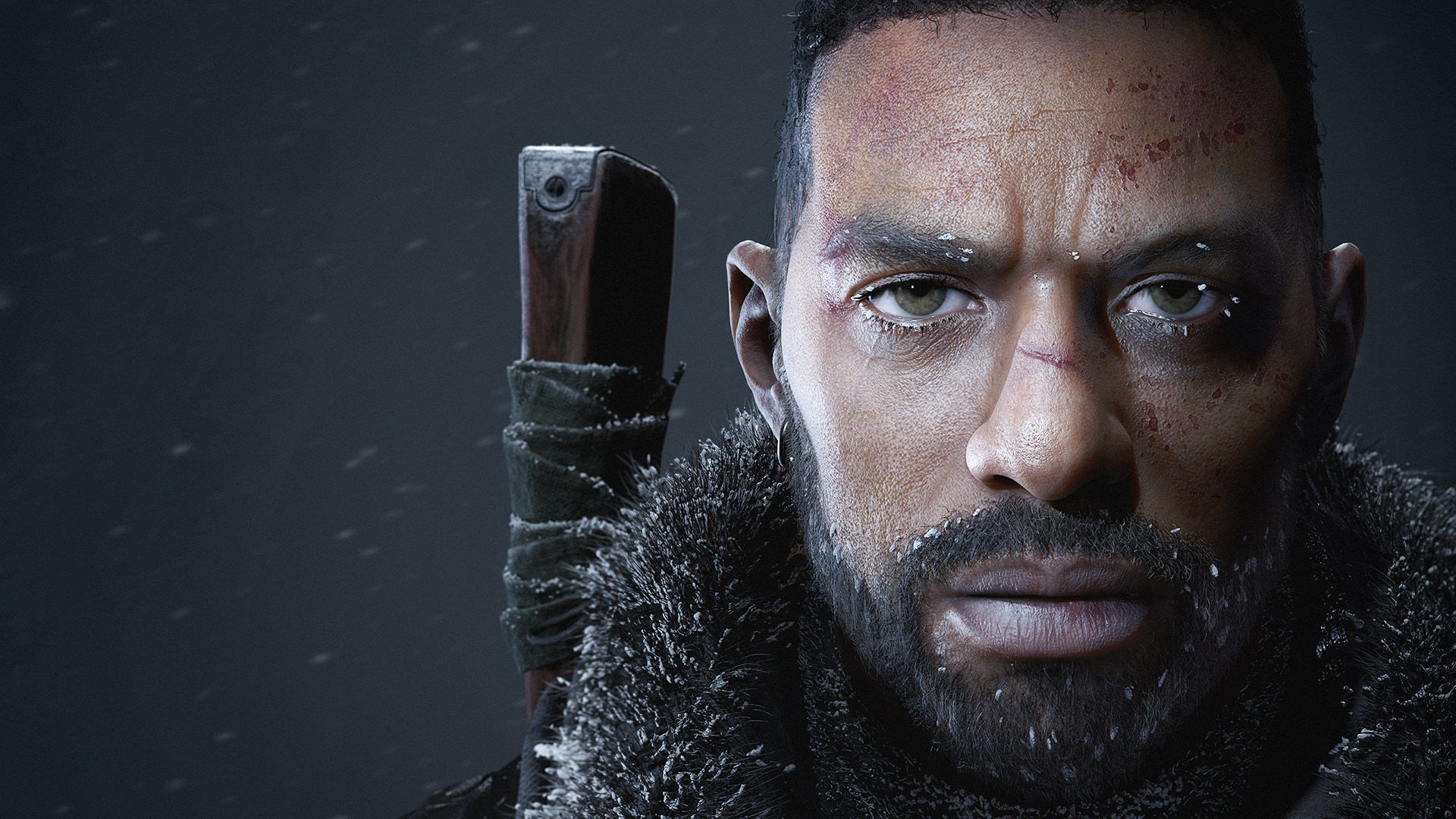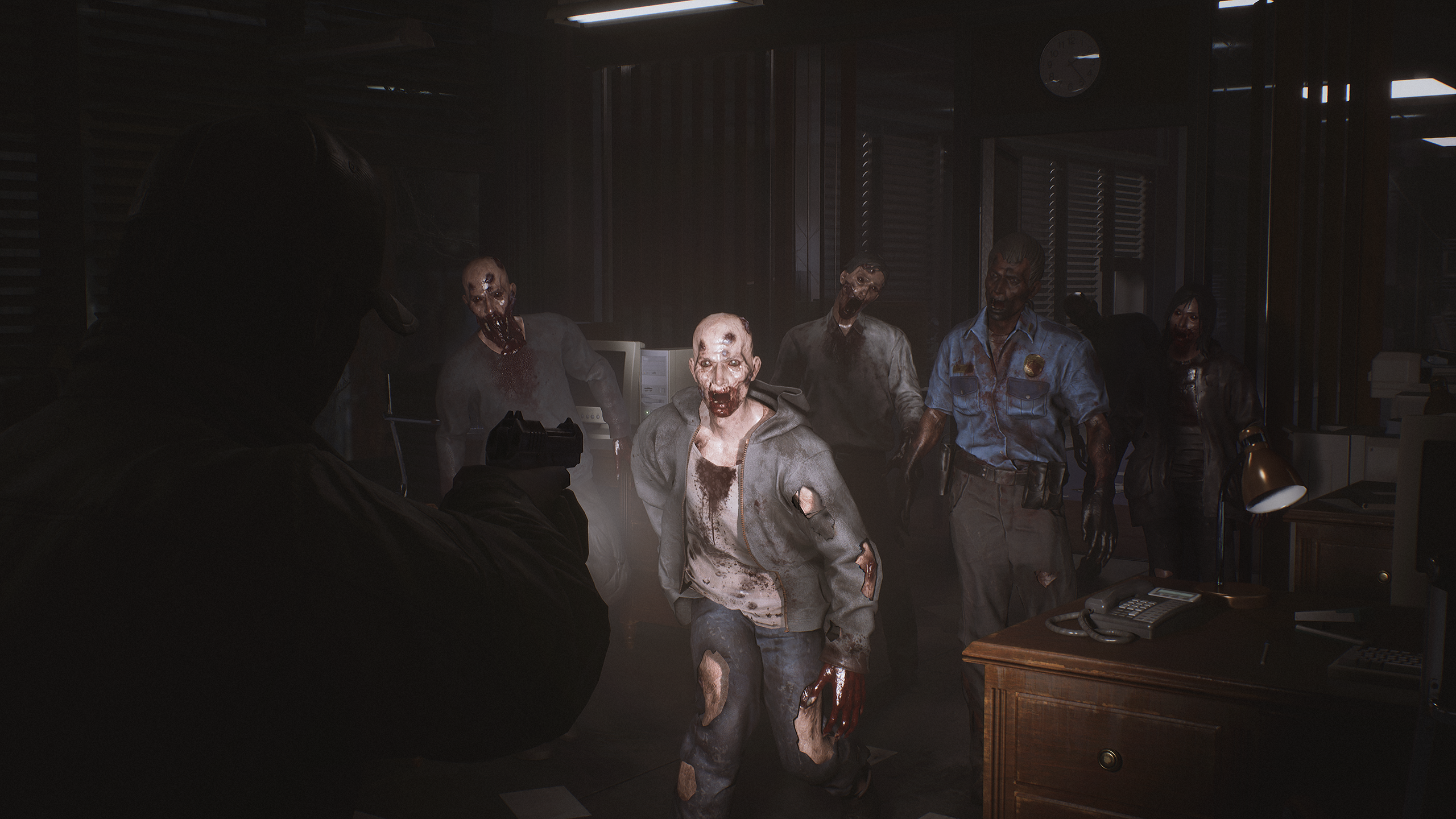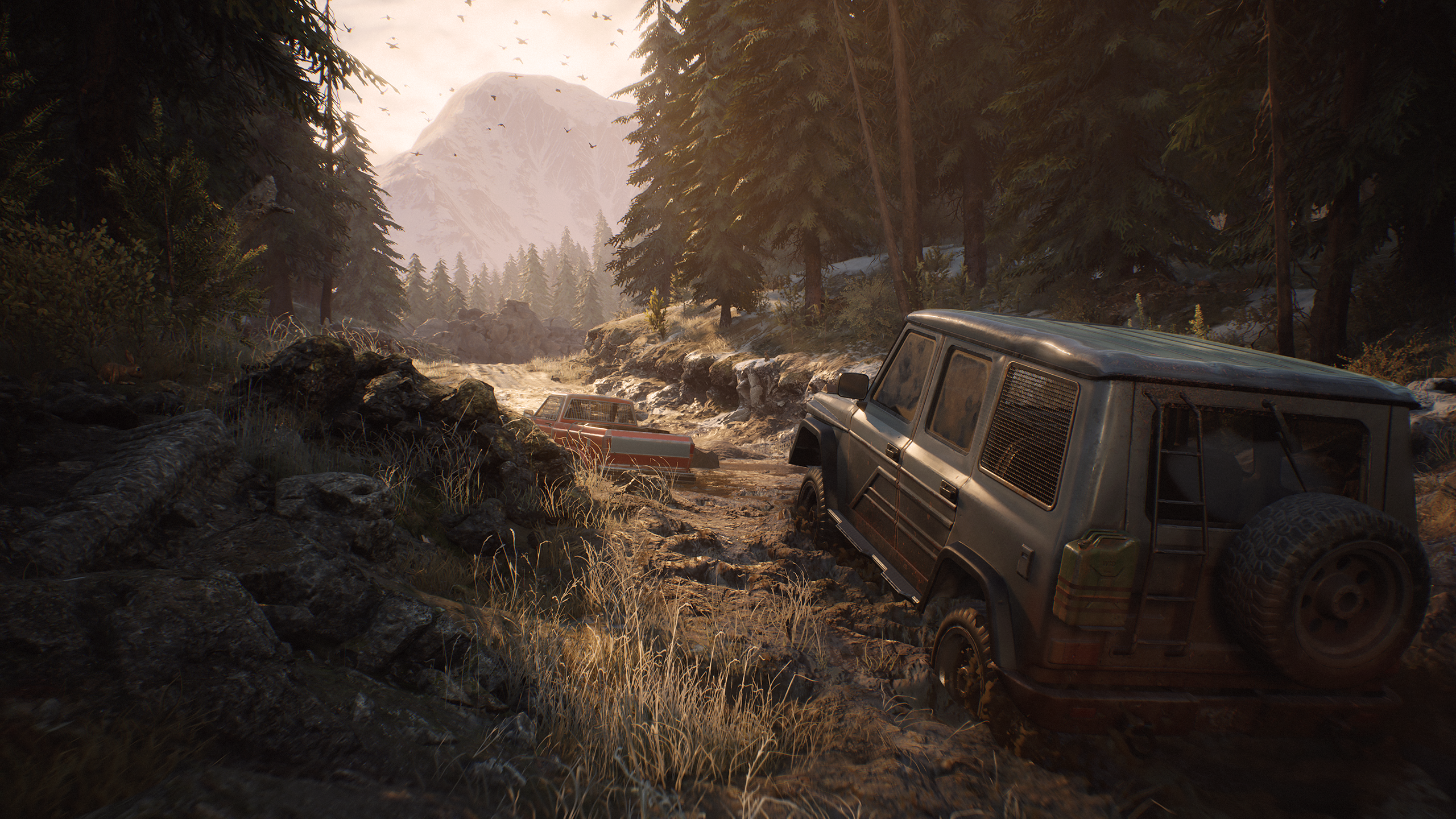The Day Before isn’t the kind of game we should be celebrating
Dead on arrival

Sign up for breaking news, reviews, opinion, top tech deals, and more.
You are now subscribed
Your newsletter sign-up was successful
In early January, The Day Before sat second in Steam’s wishlist charts. Ahead of actual Starfield, for Howard’s sake. For a title coming from a relatively unknown developer with a handful of low-key releases under its belt, that’s an incredible accomplishment. It should be a victory cry for democratic media that a small studio without EA-grade marketing budgets should be able to generate enough hype to depose triple-As from the wishlist charts.
Alas, it’s not that.
The Day Before doesn’t sit at number two on that chart anymore though, because it’s been delisted from Steam. Developer Fntastic says the reason for this is an ongoing trademark dispute over the game’s title, that has subsequently delayed the game from March to November 2023. Although, it clarifies, it was planning to delay it anyway. That’s following a previous delay to allow the devs to switch engines to Unreal Engine 5, pushing the game out of its 2022 release window and into 2023.
The nature of that trademark dispute: somebody successfully filed the legal rights to ‘The Day Before’. Four months after Fntastic revealed their game in January 2021.
The conversation around The Day Before now has become this: is it legit? With people on Reddit comparing the scale of the game to Fntastic’s previous releases, such as online co-op game Propnight, which is a significantly smaller project, can the game live up to the image that’s being presented in the trailers?
But I think about it this way: even if this game is coming out and will be, in some shape or form, playable – who cares?
Reanimated ideas

IGN hosted The Day Before’s ‘gameplay’ reveal in January but, before you even take a magnifying glass to that video, absent of any UI or clips longer than three seconds, read the synopsis for the game: ‘The Day Before is an open-world MMO survival set in a deadly, post-pandemic America overrun by flesh-hungry infected and survivors killing each other for food, weapons, and cars’.
Sign up for breaking news, reviews, opinion, top tech deals, and more.
What new ground is there to be broken on the topic of post-pandemic Americas overrun by flesh-hungry infected?
How many existing games could that sentence accurately describe? What new ground is there to be broken on the topic of post-pandemic Americas overrun by flesh-hungry infected and survivors killing each other for biscuits and petrol? Did The Last of Us, State of Decay, Left 4 Dead, Dying Light, Days Gone, 7 Days to Die, Dead Rising, World War Z, and The Walking Dead leave many stones unturned, in that regard? And did the 200+ hours offered by The Division and its sequel leave many unanswered questions about what that scenario would be like in MMO form?
Following the news of its delay, Fntastic has released a 10-minute gameplay video (which you can watch below) showing the zombie survival game in action, without the frequent cuts seen in previous trailers. It looks to be a fully-functioning vertical slice, but it also doesn’t offer anything to suggest it’s doing something new.
It’s not that nobody’s allowed to make zombie games now, and that we should raise the drawbridge on the whole concept. All those aforementioned titles found appreciative fanbases and managed to discern themselves from each other. Lest we forget, people were already a bit tired of zombs and post-apocalypse when The Last of Us was first released in 2013.
No, the post-apocalyptic zombie survival game is a genre now, with established conventions and an open-door policy to new material. But that’s the thing: it has to be new material.
All the games above said or did something new. Naughty Dog showed us how to tell a tear-jerking tale that genuinely gets under your skin while you’re simultaneously cracking mushroom people over the head with a brick. Left 4 Dead laid the foundations of online co-op as we know it. Days Gone… well, there was a motorbike, wasn’t there?
And I’m not even saying The Day Before can’t, or won’t say, or do something new. I’m just saying it’s given absolutely no indication yet that it will do. So why the hype?
What it has shown is a notable reverence to The Last of Us, particularly in its choice of font and proclivity for using that font next to a scarred protagonist wearing a ‘seen some shit but I remain determined’ expression. There’s nothing legally wrong with using the same font as a competitor product and a similar hero image composition. But it does say something about the creators’ level of ambition and approach to ‘inspiration’.
The same could be said of the game’s announcement trailer from 2021, which has marked similarity to The Division’s downtown New York, all fairy-lit parks and traffic jams of abandoned cars.
Why it matters

So if this game comes out and delivers on its promises, what does any of this matter? I think it matters quite a lot.
Because The Day Before has already been extremely successful at generating hype, and that means everybody from triple-A publishers and developers to indies will be examining how Fntastic went about it. They’ll be looking to fold this campaign into their own strategies.
And part of how Fntastic went about it is through the use of volunteer employees. In fact, the company describes every one of its staff as ‘volunteers’ but makes the distinction between internal and external volunteers – internal staff are paid, whereas external aren’t.
That’s a slightly strange distinction. Anyone working a job in any industry and being paid for their time is there voluntarily, one would hope. Why Fntastic refers to its paid workforce as volunteers, in addition to the unpaid workforce of actual volunteers, isn’t clear. You can watch this video about it from studio founders Eduard Gotovtsev and Aisen Gotovtsev if you like but, like me, you’ll probably come away from it with more questions than answers. The comments, you’ll observe, are turned off.
A sizeable minority of Fntastic are working on an unpaid basis, contributing to The Day Before and, according to old text on the company’s website, being compensated with “cool rewards, participation certificates, and free codes”.
There’s a combination of elements I’d hate to see replicated across the industry here. An opaque marketing strategy that leaves its audience so baffled by what the game is or might be that they begin to suspect it’s an overblown project designed to induce hype. An approach to other people’s creative works that freely lifts quite recognizable elements and doesn’t appear concerned with putting something new and distinct out into the market. An employee remuneration policy that’s simply mystifying. At this point, imagine how utterly, brain-shatteringly amazing this game would have to be for us to enjoy it with a clear conscience.

Ad creative by day, wandering mystic of 90s gaming folklore by moonlight, freelance contributor Phil started writing about games during the late Byzantine Empire era. Since then he’s picked up bylines for The Guardian, Rolling Stone, IGN, USA Today, Eurogamer, PC Gamer, VG247, Edge, Gazetta Dello Sport, Computerbild, Rock Paper Shotgun, Official PlayStation Magazine, Official Xbox Magaine, CVG, Games Master, TrustedReviews, Green Man Gaming, and a few others but he doesn’t want to bore you with too many. Won a GMA once.